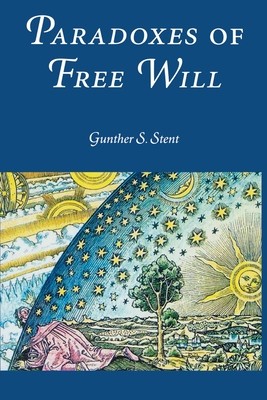
- We will send in 10–14 business days.
- Author: Gunther Stent
- Publisher: American Philosophical Society
- ISBN-10: 0871699265
- ISBN-13: 9780871699268
- Format: 15.2 x 22.9 x 1.7 cm, minkšti viršeliai
- Language: English
- SAVE -10% with code: EXTRA
Reviews
Description
Driving human reason too far in the analysis of deep problems often leads to irresolvable inconsistencies and contradictions. This monograph traces the origins and development of the paradoxes of free will. Free will poses one of the oldest and most vexacious philosophical problems, dating back to the beginnings of moral philosophy in ancient Greece. Pure theoretical reason implies that our actions are determined, while practical theoretical reason tells us that our will is free. Gunther Stent examines the arguments of moral responsibility versus determinism from Socrates, Plato, and Aristotle to Immanuel Kant, Neils Bohr, and Max Planck.
EXTRA 10 % discount with code: EXTRA
The promotion ends in 21d.23:23:58
The discount code is valid when purchasing from 10 €. Discounts do not stack.
- Author: Gunther Stent
- Publisher: American Philosophical Society
- ISBN-10: 0871699265
- ISBN-13: 9780871699268
- Format: 15.2 x 22.9 x 1.7 cm, minkšti viršeliai
- Language: English English
Driving human reason too far in the analysis of deep problems often leads to irresolvable inconsistencies and contradictions. This monograph traces the origins and development of the paradoxes of free will. Free will poses one of the oldest and most vexacious philosophical problems, dating back to the beginnings of moral philosophy in ancient Greece. Pure theoretical reason implies that our actions are determined, while practical theoretical reason tells us that our will is free. Gunther Stent examines the arguments of moral responsibility versus determinism from Socrates, Plato, and Aristotle to Immanuel Kant, Neils Bohr, and Max Planck.


Reviews